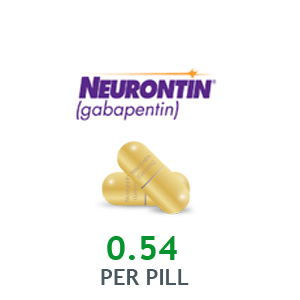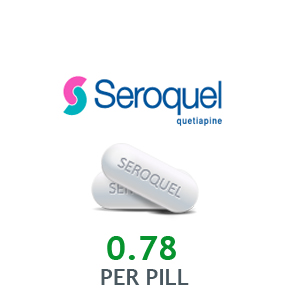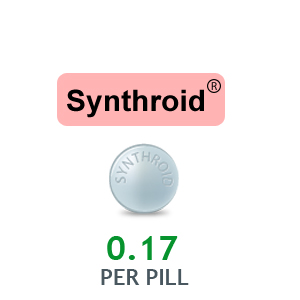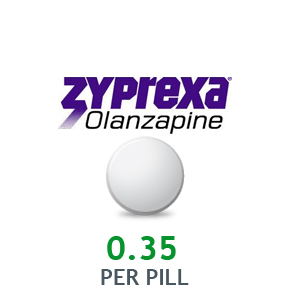Description
Neurontin is an anti-epileptic medication with gabapentin as an active ingredient; it belongs to a group of anticonvulsants. During epileptic episodes patients suffer from seizures and may experience pain too. The drug works by affecting the body’s nerves and chemicals, which are involved in these painful symptoms. Treatment of seizures with Neurontin is allowed in adults and in children who have reached the age of three. It’s also used for nerve pain treatment in adults caused by herpes zoster/shingles or herpes virus. Many epilepsy patients find it quite effective, still everything is individual.
Intake Recommendations and Precautions
Take gabapentin with or without food. Don’t exceed or reduce the dose – follow the doctor’s directions exactly. Don’t stop the treatment suddenly – gradual dose tapering is important.
Store the medication properly. Capsules and tabs can be kept at room temperature, but should be protected from moisture/light. The liquid form has to be put in the refrigerator, but not frozen.
In case of missing a dose, use it when you remember; but skip it, if the next dose’s time has almost come according to the schedule.
If you’re a driver or your job requires alertness, note that your reactions may be temporarily impaired, so be careful. Try to do without alcohol during the treatment.
Keep in mind that treatment with gabapentin along with other drugs causing sleepiness (muscle relaxants, antidepressants, anti-seizure medicines, narcotic analgesics) can worsen the sleepy effect. An interaction may take place both with prescription/over-the-counter drugs, herbal supplements and vitamins.
Abstain from antacids before/after Neurontin intake (within a pair of hours), since they may prevent adequate absorption of gabapentin.
Take into account that if you have certain health problems (diabetes, heart/liver/kidney disease, depression, etc.), your treatment with gabapentin should be cautious, so consult with your doctor on this issue.
Information on Side Effects
Sometimes patients may experience headaches, drowsiness or dizziness while using Neurontin. Tell the doctor if your condition worsens or you have the following adverse effects (this isn’t a complete list):
- deterioration of seizures;
- difficulty breathing, coughing along with fever, chest pain;
- rapid eyes movement;
- negative skin reactions: face/tongue swelling, sore throat, skin pain, spreading skin rash accompanied by peeling and blisters;
- extreme tiredness/weakness;
- pain in the upper stomach;
- kidney problems: pain and difficulty urinating or lack of urination, shortness of breath, tiredness, feet/ankles swelling;
- sometimes adverse effects are due to allergic reaction and may include fever, muscle pain, swollen glands, bleeding or bruising of unusual origin, dark or blooded urine.
For parents it’s useful to know that there’re some negative symptoms that children are more likely to have:
- memory or concentration problems;
- strange behavior;
- restlessness, hostility.





